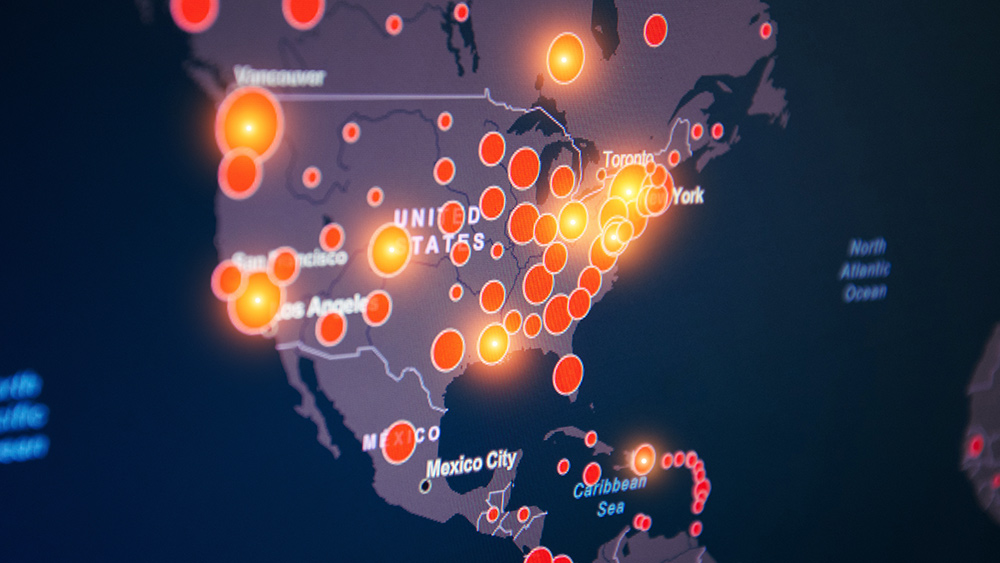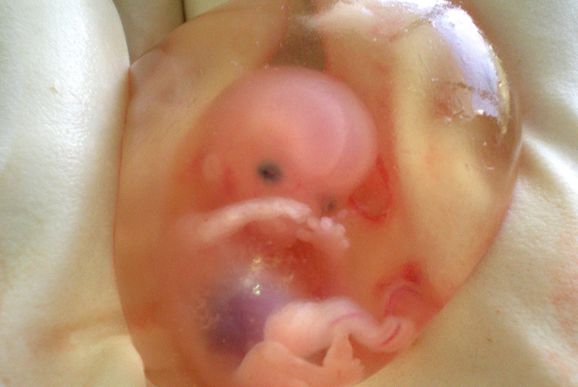Belgium’s coronavirus death toll makes it either world’s deadliest or most honest
06/28/2020 / By Ralph Flores

As steep as the death toll from the Wuhan coronavirus (COVID-19) is, it’s still underreported in some countries, including the U.K., Russia and even the United States. According to global death statistics, the figures do not accurately capture all deaths from COVID-19.
In New York and New Jersey alone, the Centers for Disease Control and Prevention (CDC) reported over 44,000 deaths that are above normal from mid-March to May. Public health experts say that these additional deaths can potentially be linked to COVID-19.
Belgium, however, took a broader approach in reporting its death tolls – adding confirmed deaths, as well as suspected cases. This also earned the small European kingdom the title of being the world’s deadliest country for COVID-19.
Based on data from official tallies, Belgium has 819 deaths per million, despite only having over 58,000 cases. In comparison, the U.S., which leads the global caseload for COVID-19, only has 323 deaths per million. (Related: Belgium looking to lift coronavirus restrictions despite the highest death rate in the world.)
An unpopular approach
Belgium’s approach, which has also sparked furor among locals, only tells half the story. According to Steven Van Gucht, head of virology at Sciensano, the national health institute of Belgium, and spokesperson for its COVID-19 task force, the country’s deaths per capita should be divided by two to get a more accurate comparison with other nations.
This statement was echoed by Lauren Gardner, an engineering professor at Johns Hopkins University and the lead developer for the school’s widely cited tracker. She noted that Belgium is among the rare places that COVID-19 related fatalities track this year’s surge in excess deaths.
Challenges to accurate reporting
Tracking deaths during a pandemic is challenging enough, but COVID-19 makes it especially so, given that people with chronic illnesses are more likely to die from the contagion. Most health authorities worldwide, including the CDC, suggest tagging any death that has coronavirus as a contributing factor – based on testing or medical judgment – as a COVID-19 related death. But in practice, limited testing capabilities hamper efforts in identifying which deaths are COVID-19 related, leaving many countries to report based on actual tests conducted.
Still, the increase in the total number of deaths in many areas suggests a link. For Colin Mathers, a retired coordinator for the mortality analysis unit of the World Health Organization, the spikes in deaths are most certainly caused by COVID-19.
“Total deaths certainly give you a readout of whether things are getting better or worse,” he added.
Limitations to testing also mean that it’s up to doctors to determine whether a person died from COVID-19. While the WHO and CDC have provided guidance on the matter, many policymakers have expressed concerns that tagging deaths as COVID-19 related without a diagnostic test can cause an overreporting of deaths – something the public health experts don’t mind.
According to Robert Anderson, chief of the CDC’s mortality statistics department, he’s almost sure that “there’s undercounting, not overcounting” of deaths in the United States.
For instance, the CDC reported around 21,000 deaths on the week of April 11, with 18,000 of those COVID-19 related. Anderson believes that while some of the excess deaths are directly linked to COVID-19, some deaths could be indirectly related, such as the death of someone without COVID-19 but was unable to get access to emergency medical services because of the surge in cases.
Recently, the U.S. has started tagging some excess deaths – like those in elderly homes – as COVID-19 related. As for Belgium, health authorities admit that the pandemic has hit the kingdom hard.
“We are among the countries with the highest mortality,” added Sciencsano scientist Françoise Renard. “But I wouldn’t say we are first.”
Learn more about the ongoing coronavirus outbreak at Pandemic.news.
Sources include:
Tagged Under: Belgium, coronavirus, covid-19, deaths, Europe, Fatalities, Flu, infections, lockdown, outbreak, pandemic, quarantine, social distancing, superbugs, virus















